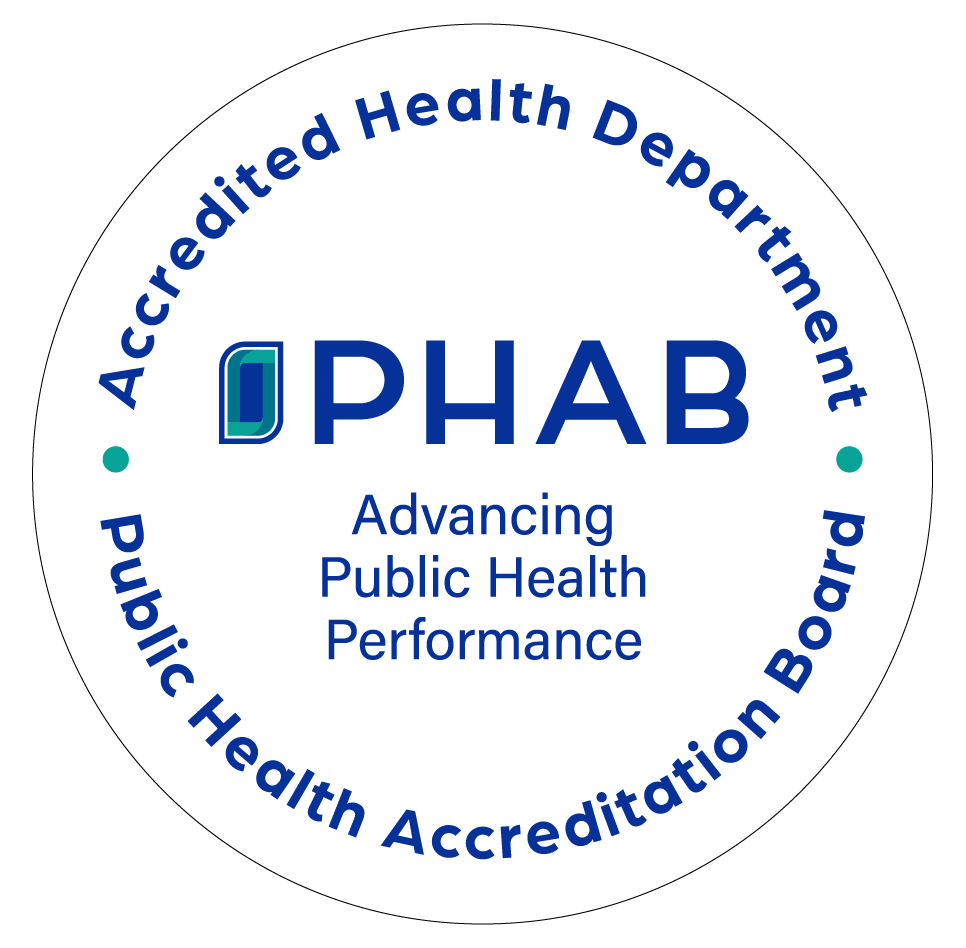Emergency Flood Cleanup and Mold
Molds are very small fungi that feed on dead animal or plant material. Examples of food in the home include wood, the paper backing in drywall, insulation, wallpaper, glues, dust and dirt. Molds produce spores which allow them to spread to different locations in the home. Many people are allergic to mold and can develop severe respiratory illnesses.
Signs of a mold problem:
- Musty damp odors
- Moist or damp areas
- Warped baseboards or trim
- Water marks or discolored areas on walls or ceilings
If you discover mold in your home, locate and remedy the source of the water and remove the water-damaged materials. Mold will continue to grow as long as it has a source of water.
See below for more information:
Mold Information and Our Policies
Our office frequently receives inquires regarding mold contamination in homes and businesses. Many people are concerned about the potential negative health effects of toxic “black mold.” Thousands of types of mold exist in our environment, and the majority of these molds are black or dark in color. Just because mold is present, does not mean that toxins are present. The toxic “black mold” that you often hear about in the media is Stachybotrys sp. This toxic mold is actually quite rare, and will usually only develop during periods of prolonged flooding and water damage. However, there is no way to be sure what type of mold exists in your home or business unless you have it tested by a laboratory or mold consultant. Our office usually only recommends having the mold in your home or business tested if a resident/employee of the home or business has been having significant health problems that a medical professional is concerned may be caused by mold.
Mold is everywhere, and it is a natural part of our world. There are no standards or laws in regard to mold levels. Therefore, our Department cannot determine how much mold is too much. It often depends on the types of mold present, and the individual’s sensitivity and immune system. Since there are no standards for mold levels in homes and businesses, our Department does not conduct mold inspections. We do provide an informational Mold Packet available on this webpage.
Mold Clean-up
Mold will only grow in a building when moisture is present. If your home has minor mold contamination (in general two (2) to ten (10) square feet), testing is usually not necessary, and you can attempt to clean up the mold on your own using the following simple steps for guidance:
- First, find and correct the moisture source. If the moisture source is not corrected, the mold will continue to come back, even if you have disinfected the area.
- Scrub the moldy surfaces with a stiff brush, hot water, and a non-ammonia soap or detergent. Never mix bleach and ammonia, as it can create deadly fumes.
- Disinfect the surface(s) with a solution of one (1) part bleach to ten (10) parts water.
- Do not use full-strength bleach; it will not work better.

For more detailed instructions on mold clean-up, or for a list of mold/water damage consultants if your mold contamination is larger than you are comfortable dealing with on your own, please see the informational Mold Packet available on this webpage.
Mold and Rental Properties
Please be aware that many inquiries to our Department deal with landlords who will not sufficiently or promptly correct mold contamination in rental properties. A landlord is obligated to make repairs to rental dwellings as long as the proper procedure is followed, and a reasonable time period has been defined. If a landlord does not fix problems that may be causing mold contamination, and help clean up mold, the tenant may look into making escrow rent payments, request the court to order the repairs be made by the landlord, or find a way to legally end the rental agreement. Please contact the Medina County Fair Housing Office for informational brochures on the right way to ask for repairs to rentals. Legal advice is always recommended in these instances. If you cannot afford an attorney, you may qualify for assistance from Medina County Legal Aide.
Please contact our office at (330)723-9523 weekdays between 8:00 a.m. and 4:30 p.m. with questions, or Click Here to contact us electronically.

